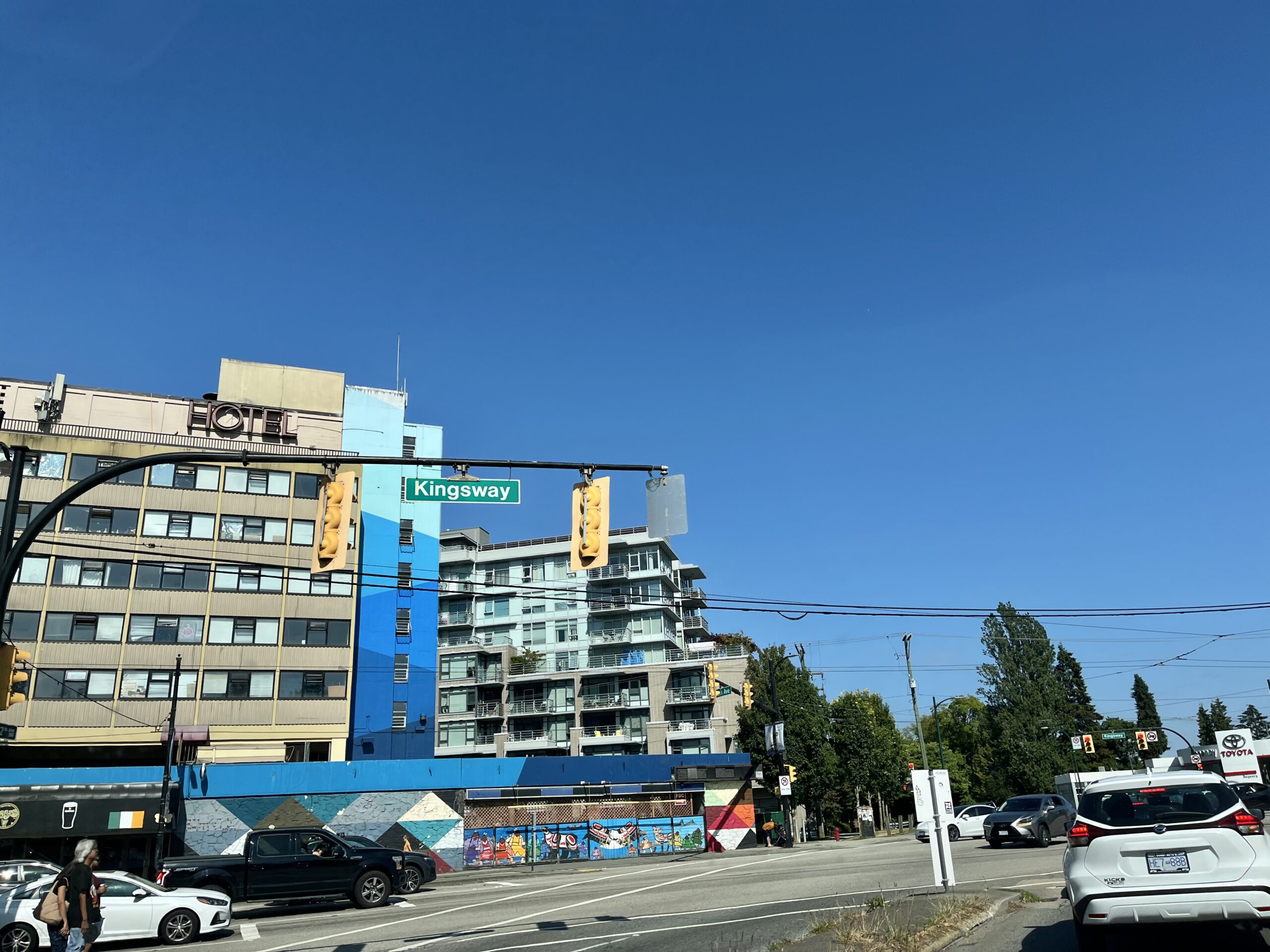When renting a home or apartment in Vancouver, one of the first financial questions tenants face is about the security deposit. It’s a standard part of the rental process, but it’s important to understand exactly what your rights and obligations are regarding security deposits under British Columbia’s Residential Tenancy Act (RTA).
This guide will explain everything tenants need to know about security deposits in Vancouver, including how much can be charged, how deposits must be handled, and what happens when your tenancy ends.
What Is a Security Deposit?
A security deposit is a sum of money a landlord collects at the beginning of a tenancy to cover potential damages to the rental property, unpaid rent, or other breaches of the rental agreement. It acts as financial protection for landlords but is meant to be refundable to tenants if the property is returned in good condition.
How Much Can a Landlord Charge for a Security Deposit?
Under the Residential Tenancy Act, landlords in BC can charge a security deposit, but there are clear limits:
- The maximum amount a landlord can request is half of one month’s rent.
- For example, if your monthly rent is $2,000, the maximum security deposit they can ask for is $1,000.
Any request for a deposit higher than this is illegal and unenforceable.
What About Pet Damage Deposits?
If you have a pet, the landlord may also require a pet damage deposit. This is separate from the regular security deposit but follows similar rules:
- The maximum pet damage deposit is also half of one month’s rent.
- Landlords cannot charge both a pet damage deposit and a regular security deposit exceeding half a month’s rent each.
Read more: Complete Guide to Mortgages in Vancouver
What Can Security Deposits Be Used For?
The landlord may use your security deposit only for specific purposes:
- To cover unpaid rent if you leave without paying what you owe.
- To repair damage to the property caused by you or your guests beyond normal wear and tear.
- To cover costs related to breach of the tenancy agreement, such as cleaning or missing keys.
It cannot be used for regular maintenance or repairs due to normal aging or wear.
How Must Security Deposits Be Handled?
The Residential Tenancy Act sets out strict rules on how landlords must manage security deposits:
- The landlord must keep your deposit in a separate trust account and cannot use it for other purposes during the tenancy.
- Interest on the security deposit must be paid to you annually. The interest rate is set by the government and changes from year to year.
- The landlord must provide you with a written receipt for the security deposit at the time of payment.
These rules protect your deposit and ensure it is properly safeguarded during your tenancy.
What Happens at the End of the Tenancy?
When your tenancy ends, the landlord is required to:
- Conduct a final inspection of the rental unit, ideally with you present, to assess any damages or issues.
- Return your security deposit, plus any accrued interest, within 15 days of the tenancy ending.
- If deductions are made, provide you with an itemized statement detailing the costs.
If the landlord intends to keep any part of the deposit, they must clearly justify the deductions. Common legitimate deductions include cleaning fees if the property was left unusually dirty or repair costs for damage beyond normal wear.
What if There Is a Dispute Over the Deposit?
If you and your landlord disagree about deductions or the return of the security deposit, you can apply to the Residential Tenancy Branch for dispute resolution. This is a low-cost and relatively fast process designed to fairly resolve disagreements without going to court.
You will need to provide evidence such as:
- The original tenancy agreement.
- The condition inspection reports from move-in and move-out.
- Photos or videos documenting the unit’s condition.
- Receipts or estimates for repairs (if applicable).
The Branch will review the information and issue a decision that is binding on both parties.
Tips for Tenants Regarding Security Deposits
- Always document the condition of the rental unit when you move in. Take detailed photos or videos and complete the condition inspection report with your landlord.
- Keep copies of all receipts, receipts, and communication regarding your deposit.
- Make sure the landlord provides a written receipt when you pay the deposit.
- Review the tenancy agreement to understand any specific clauses about deposits.
- Communicate clearly and promptly if there are any issues during or at the end of your tenancy.
Conclusion
Security deposits are an important part of renting in Vancouver, designed to protect landlords while offering tenants clear rights and protections. By understanding the rules set out in BC’s Residential Tenancy Act, you can ensure your deposit is handled fairly, avoid common disputes, and safeguard your financial interests during your tenancy.
For further information, you can visit:
- The official Residential Tenancy Branch website: Residential Tenancy Branch – Deposits
- The full Residential Tenancy Act: BC Laws – Residential Tenancy Act
Understanding your rights around security deposits will help you have a smooth renting experience in Vancouver and avoid surprises when your lease ends.
My name is Jay, a longtime Metro Vancouverite sharing local real estate tips and my own photos of the city’s homes and neighbourhoods here on Vancouver Home Hub. Hope you find my blog useful! Feel free to reach out anytime at vancouverhomehub@gmail.com if you have questions.


Leave a Reply